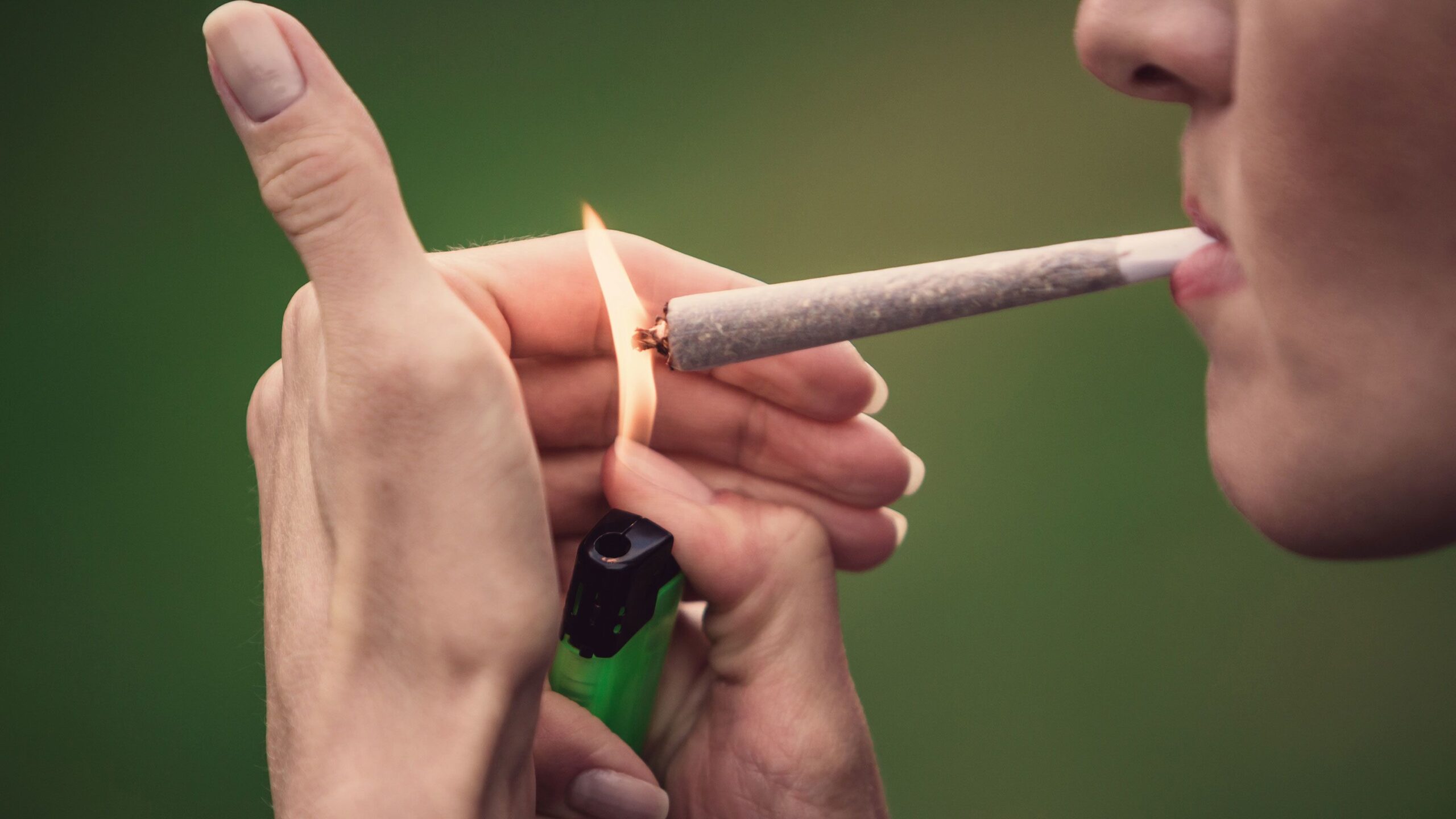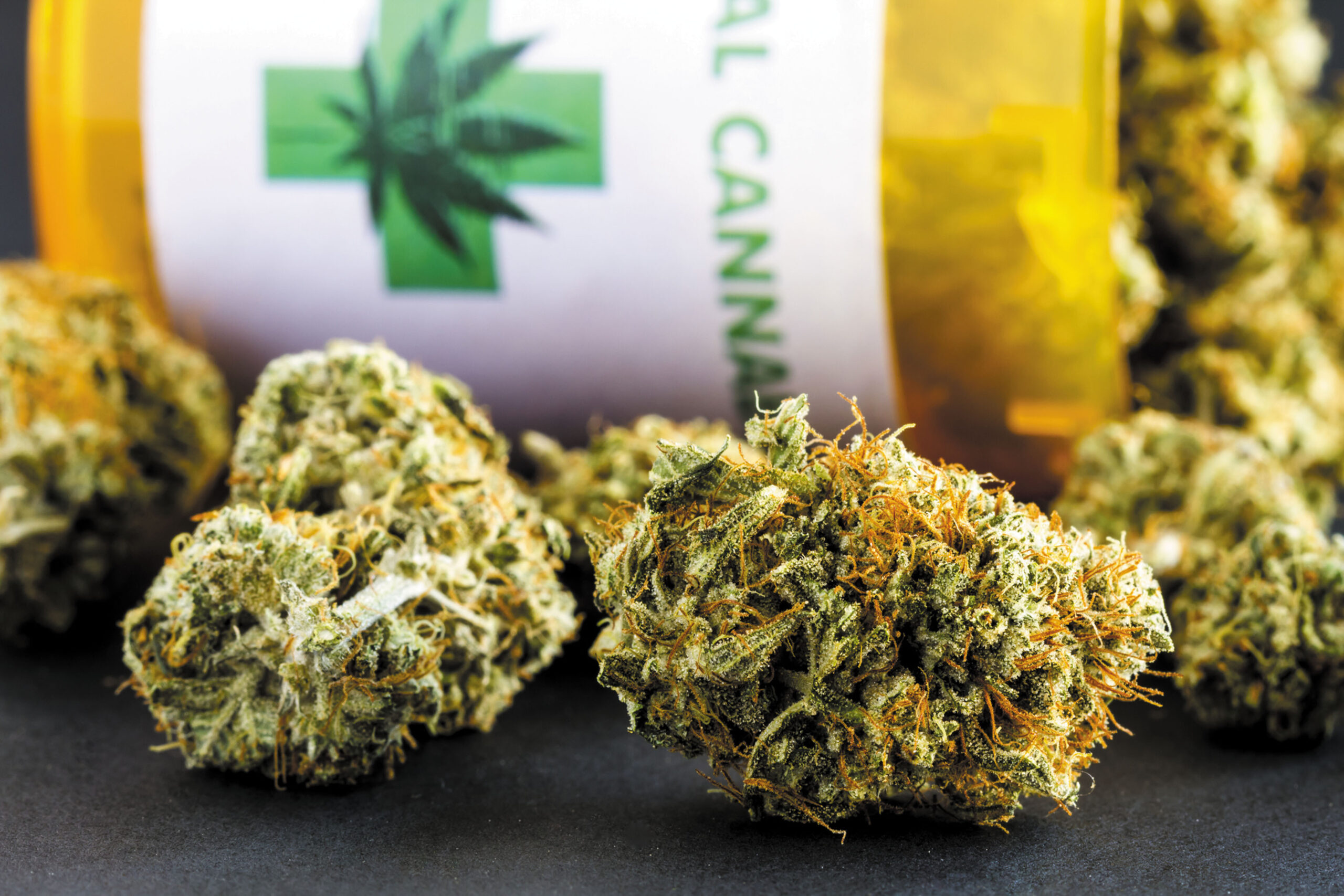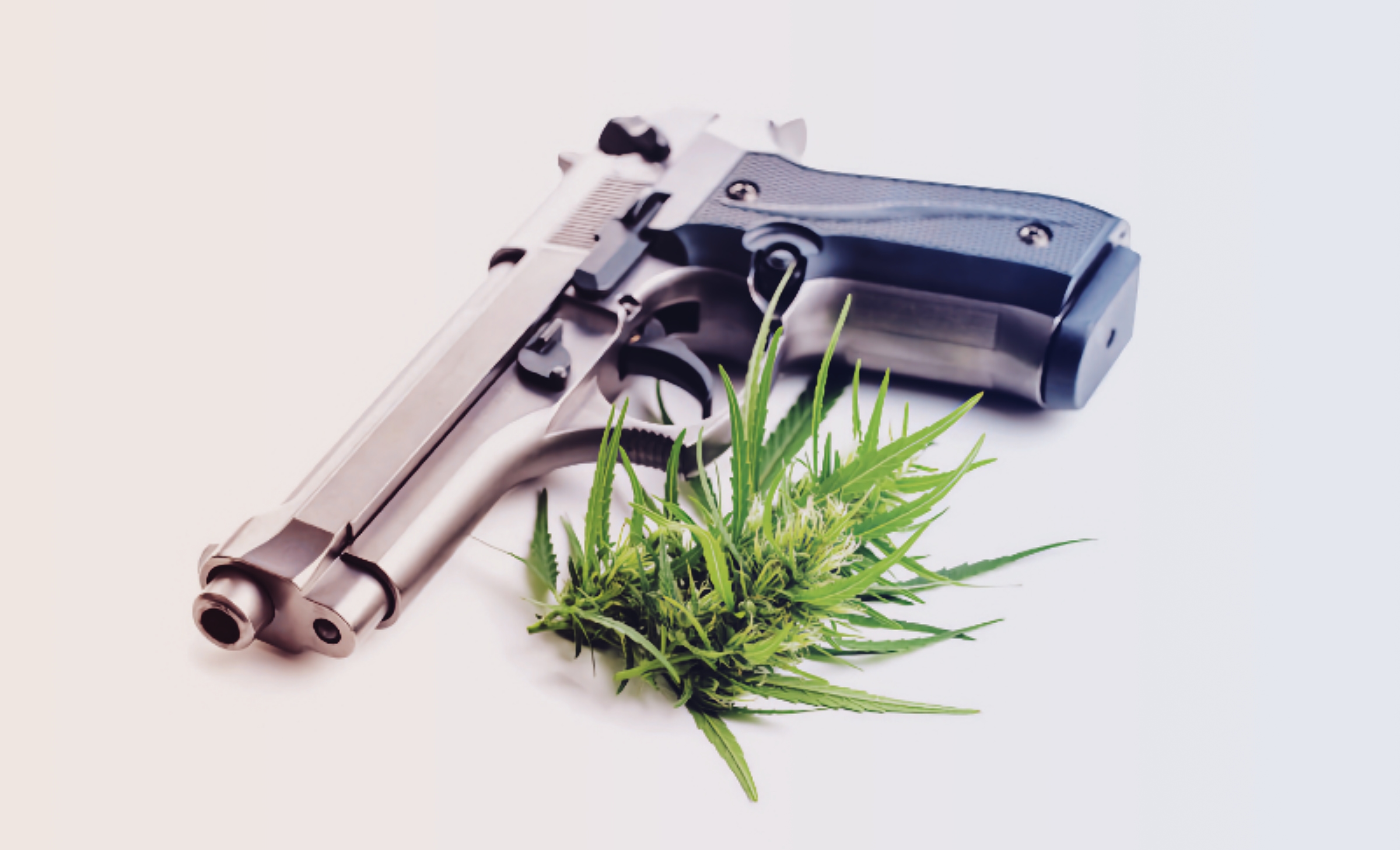
Views: 5
A new study published in Drug and Alcohol Dependence Reports has found that cannabis use in the U.S. has increased significantly over the past decade. However, this trend does not extend to teenagers. The study, led by Delvon Mattingly, a behavioral science professor at the University of Kentucky, analyzed data from more than 500,000 people between 2013 and 2022.
“We used data from the National Survey on Drug Use and Health, estimating the prevalence of use,” Mattingly said. “We examined trends in current cannabis use—defined as any use in the past 30 days—along with patterns by age, gender, race, ethnicity, education level, and income.”
One of the most surprising findings was the stagnation of cannabis use among teens, despite expectations that legalization would lead to an increase. Teenagers aged 12 to 17 showed no significant rise in usage over the decade. “If we could break the data down further between middle and high school students, we might see an increase,” Mattingly noted. However, data from the Centers for Disease Control and Prevention (CDC) actually showed a decrease in cannabis use among high schoolers—from 23% in 2013 to 17% in 2023.
Experts believe state-level legalization could be a contributing factor, as recreational dispensaries are prohibited from selling to anyone under 21. Some, like Jordan Gette from the Rutgers Center of Alcohol and Substance Use Studies, suggest that other factors—such as the COVID-19 pandemic—played a role. “We saw a decline in teen cannabis use during the pandemic, likely due to less peer interaction and increased parental supervision,” she said.
While teenage cannabis use has held steady or declined, adults from higher socioeconomic backgrounds have increasingly turned to cannabis. Use among those earning over $75,000 annually and individuals with college degrees more than doubled between 2013 and 2022.
Mattingly speculated that legalization and shifting perceptions of cannabis have influenced these trends, particularly in affluent neighborhoods and among educated adults.
The study also found that non-Hispanic multiracial individuals were the most frequent cannabis users, with over 25% reporting use in 2022—a statistic Mattingly said highlights the need for greater representation of multiracial people in research.
Read the whole article here.








